Race and Ethnicity: African American
Jefferson County Lynching of August 1897
Jefferson County Lynching of December 1897
 Fergie Jenkins
Fergie Jenkins
Jenkins, Ferguson Arthur (Fergie)
Jenkins, S. A. (Lynching of)
Jennette (Crittenden County)
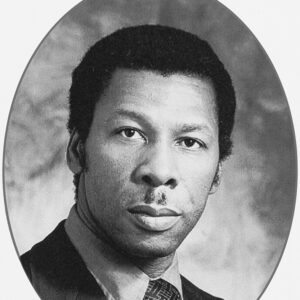 Jerry Jewell
Jerry Jewell
 Jerry Jones and Elliott Gould
Jerry Jones and Elliott Gould
 Jet Magazine
Jet Magazine
Jetton, White (Lynching of)
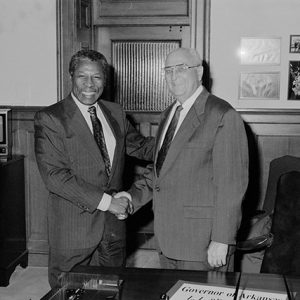 Jerry Donal Jewell and "Doc" Bryan
Jerry Donal Jewell and "Doc" Bryan
Jewell, Jerry Donal
Jim Crow Laws
Jimerson, Aaron (Lynching of)
 John H. Johnson
John H. Johnson
John, “Little Willie”
aka: William Edgar John
 "Little Willie" John
"Little Willie" John
John, Mary
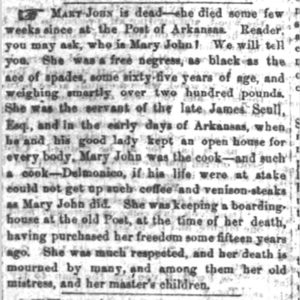 Mary John Death Notice
Mary John Death Notice
Johns, Riley “Doc”
Johnson, Anthony “Andy” (Execution of)
 Glenn T. Johnson
Glenn T. Johnson
Johnson, Glenn T.
Johnson, Henry (Lynching of)
Johnson, Hugh (Lynching of)
Johnson, Jeff (Lynching of)
Johnson, Joe Marcus
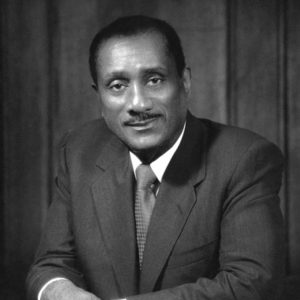 John H. Johnson
John H. Johnson
Johnson, John Harold
Johnson, Leon
Johnson, William (Execution of)
Johnson, William J.
 William Johnson
William Johnson
 Johnston Military Record
Johnston Military Record
Johnston, David Augustine Elihue
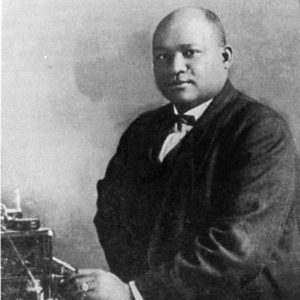 D. A. E. Johnston
D. A. E. Johnston
Johnston, Leroy Alfred
Johnston, Lewis Harrison (L. H.)
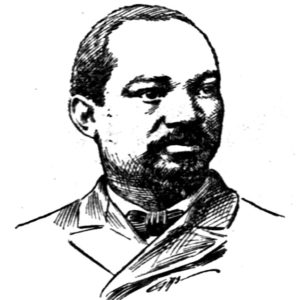 Lewis Johnston Jr.
Lewis Johnston Jr.
Johnston, Lewis, Jr.
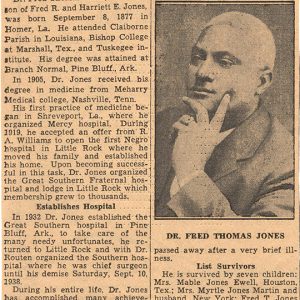 Jones Death
Jones Death
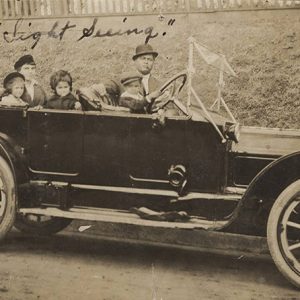 Jones Family
Jones Family
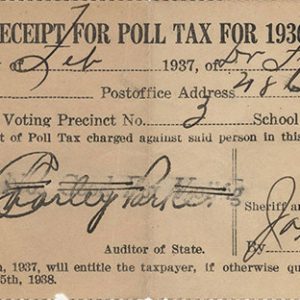 Jones Poll Tax Receipt
Jones Poll Tax Receipt
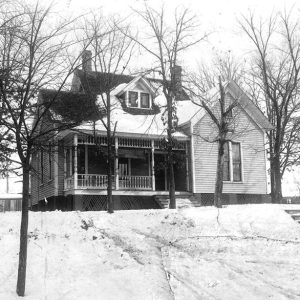 Jones Residence
Jones Residence
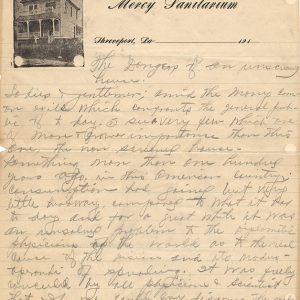 Jones Speech
Jones Speech
Jones, Charles (Execution of)
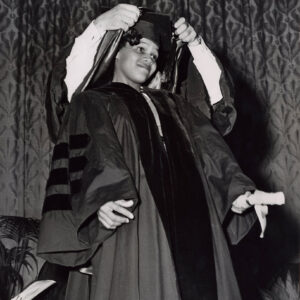 Edith Irby Jones
Edith Irby Jones
Jones, Edith Irby
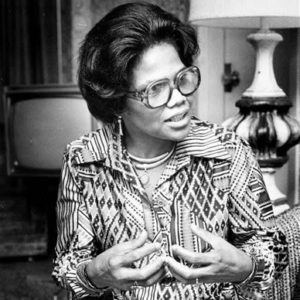 Edith Irby Jones
Edith Irby Jones




